Steering Committee
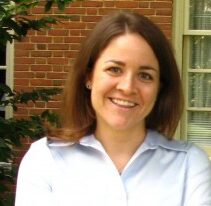
Sara E. Dahill-Brown, Ph.D.
Co-Director of RIPI
Sara E. Dahill-Brown is an associate professor in the politics and international affairs department at Wake Forest University where her research and teaching center on public policy, economic and identity-based inequalities, and educational politics within the United States. She is an alumna of Utah’s public schools, a graduate of Trinity University in San Antonio, Texas, and a recovering middle school teacher. She has worked as a researcher and volunteer in the school systems of Wisconsin, where she earned her doctorate, and North Carolina, where she now lives. Her book, Education, Equity, and the States: How Variations in State Governance Make or Break Reform was published with Harvard Education Press in 2019, and her writing on educational politics and inequality has been featured in edited volumes, refereed journals, and professional magazines.
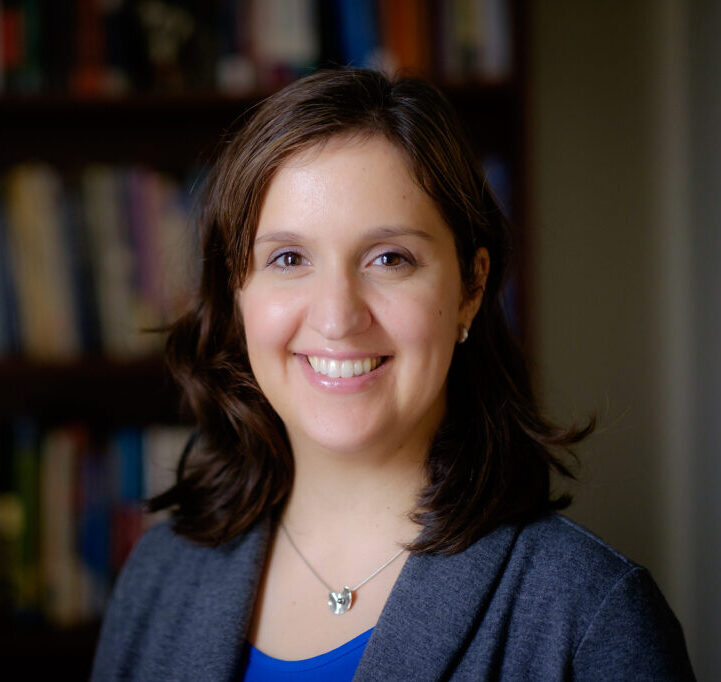
Betina Cutaia Wilkinson, Ph.D.
Co-Director of RIPI
Dr. Wilkinson is Associate Professor and Associate Chair of the Politics and International Affairs department at Wake Forest University. She is also the Founding Director of the Race, Inequality and Policy Initiative. She received her Ph.D. and M.A. from the Louisiana State University and her B.A. from Loyola University New Orleans. Her research falls into four broad categories: 1.) attitudes toward race policies, 2.) Latinos and the criminal justice system, 3.) the Latino electorate in the South, and 4.) race and individuals’ perceptions of corruption.
Betina Wilkinson is privileged to have received several notable honors and to serve her profession broadly. Her latest book project Partners or Rivals? Power and Latino, Black and White Relations in the 21st Century (University of Virginia Press, 2015) won the American Political Science Association REP Section’s Best Book Award on Inter-Race Relations in the United States. In 2015, Wilkinson was awarded an Early Career Award by the Midwest Political Science Association’s Latina/o Caucus. She has served as the President of the Midwest Political Science Association’s Latina/o Caucus and on the editorial board of the journal PS: Political Science & Politics. She currently serves as an executive council member of the Midwest Political Science Association.
Her research has been published in several political science and multidisciplinary journals including Political Research Quarterly, Social Science Quarterly, American Politics Research, PS: Political Science and Politics and Race and Social Problems. Wilkinson’s research has been featured by numerous newspaper, radio and television media outlets including NPR WUNC, NPR WFDD, NBC News Latino, San Francisco Weekly, Houston Chronicle, The New Orleans Advocate, Winston-Salem Chronicle, Enlace Latino NC, WPTF/North Carolina News Network, Spectrum News Triad, and “This Morning” show in Seoul, South Korea.
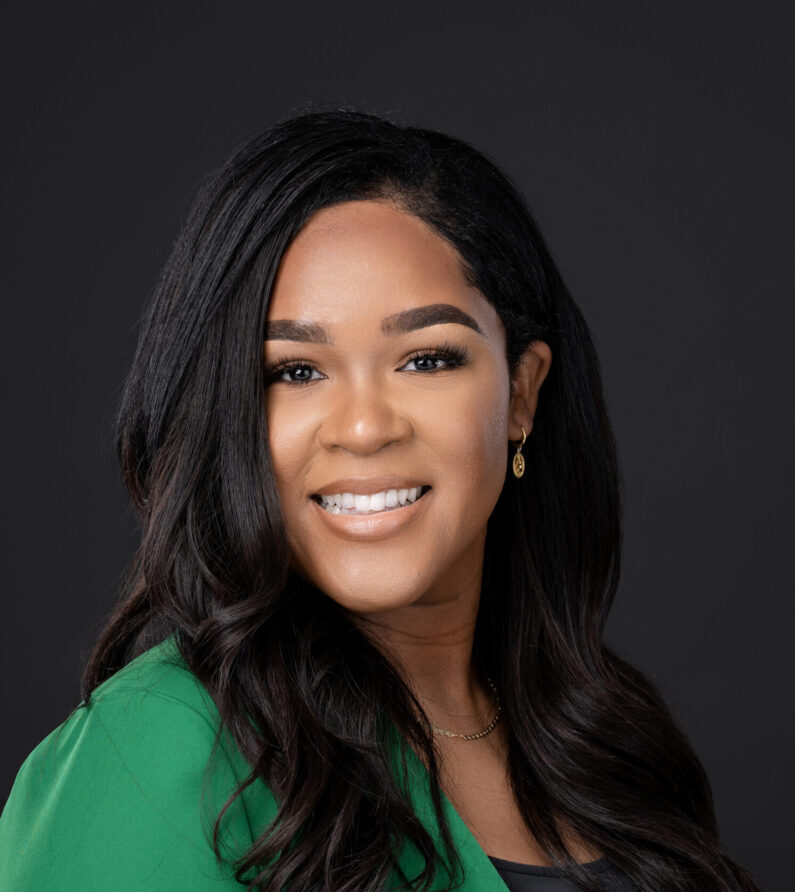
Crystal T. Dixon, MPH, MPA
Steering Committee Member
Crystal T. Dixon, MPH, MA is an Associate Professor of the Practice in the Environment and Sustainability Studies Program and holds faculty appointments in African American Studies, the Sabin Center for the Environment and Sustainability, and the Department of Health and Exercise Science at Wake Forest University. Dixon completed her undergraduate and graduate degrees from East Carolina University and Wake Forest University, respectively. Dixon also serves as the Community Engagement and Research Support team member at the Anna Julia Cooper Center.
Dixon’s scholarship and international research addresses the intersection of environmental racism, sustainability, and public health; while she focuses on disaster preparedness and climate events in the Caribbean, she specifically focuses on how systemic racism, unsustainable practices, and climate change contribute to health disparities disproportionately impacting black and brown communities. Dixon teaches and has designed a wide variety of public health courses focused on systemic racism and public health. Dixon has co-taught a course with Professor Melissa Harris-Perry entitled, Race, Sustainability, and Environmental Justice and she is currently teaching Environmental Issues and Environmental Challenges as a Public Health Crisis.
Dixon has contributed to research funded by the National Institutes of Health, National Aeronautics and Space Administration (NASA), co-authored several journal articles, a book chapter, contributed to policy briefs, and has presented her research at leading national organizations, such as the American Public Health Association (APHA) and the International Society for Sustainability Professionals. She has been invited to speak at national organizations and podcasts, such as BlackDoctors.org, other local news and magazine outlets. She currently serves as the Chair of the Board of Directors of CleanAIRE NC.
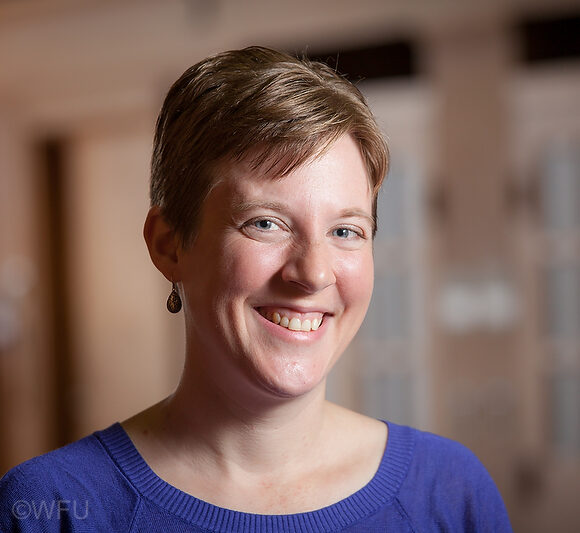
Hana Brown, Ph.D.
Steering Committee Member
Hana Brown is an Associate Professor of Sociology at Wake Forest University. Her research examines the political origins and political consequences of racial inequalities. She uses an array of qualitative and historical methods to understand the effects of political actors and institutions on racial inequality, the effects of immigration and racial divisions on policy outcomes, and the micro-level effects of state actions on the lives of racial minorities and immigrants. Professor Brown’s scholarship has been published in such journals as the American Sociological Review, American Journal of Sociology, Social Problems, and Ethnic and Racial Studies. Her research has been funded by the Russell Sage Foundation and the National Science Foundation and has received awards from four different sections of the American Sociological Association. She received her Ph.D. and M.A. from the University of California, Berkeley and her BA from Bryn Mawr College.

Sherri Lawson-Clark, Ph.D.
Steering Committee Member
Dr. Sherri Lawson Clark (Ph.D., American University), an applied cultural anthropologist, has conducted ethnographic fieldwork for over 15 years with low-income urban and rural African American, Latino, and white families across the United States. Dr. Clark’s research specialty surrounds housing instability among poor families and examines the intersections of housing policy with health and welfare policies, marriage initiatives, migration, and the effects of residential mobility on the well-being of poor children and families. Her research is guided theoretically through the lens of the built environment in which spaces where the poor live, work, shop, entertain and relax are seen as socially produced, constructed, contested, and embodied. Her book with Professor of Law, Steve Virgil, Poverty Law and Advocacy in America was published in 2021. Dr. Clark has discussed her research in both academic settings and at the local level with community-based organizations, social service employees and others who provide direct services to those in need.
Dr. Clark teaches courses in cultural anthropology and social stratification in America surrounding her research foci. Many of her courses are cross-listed in the American Ethnic Studies program where she is a Core Faculty member. In the classroom, she uses her teaching and scholarship to equip students with the necessary knowledge, training, and cultural sensitivities to aid them as future problem-solvers in our global world. Her pedagogy is praxis-oriented whereby students are able to deconstruct and comprehend conceptual arguments by applying them in real life contexts.
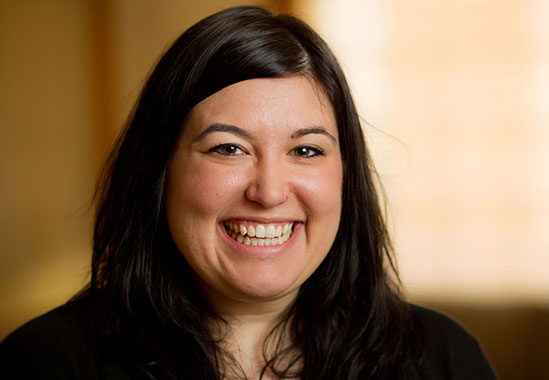
Marianne Magjuka, Ed.D.
Steering Committee Member
Marianne Magjuka serves as Assistant Vice President of Campus Life and Executive Director of the Office of Civic & Community Engagement. In this role, she provides strategic vision, oversight, and development for community-based initiatives. Marianne has established key social justice initiatives at Wake Forest, including the Branches Social Justice Retreat, Institute on Social Justice Practice, BUILD pre-orientation program, and Civil Rights Tour. She created the Civic Learning and Democratic Engagement area and directs several dialogue programs focused on civic identity development; she co-directs Deacs Decide, a nonpartisan election engagement project. In 2015, Marianne established the Winston-Salem Community Action Coalition AmeriCorps*VISTA project focused on economic empowerment and poverty alleviation. In addition, she functions as part of the Dean of Students team, which provides caring outreach, problem-solving, and referral services for students and their families experiencing crisis. Marianne serves on the research, education, and advocacy committee of the Women’s Fund of Winston-Salem and is on the advisory board for North Carolina Campus Compact. Marianne received a B.A. and M.Ed. from the University of Notre Dame, and an Ed.D. in higher education management from the University of Pennsylvania.
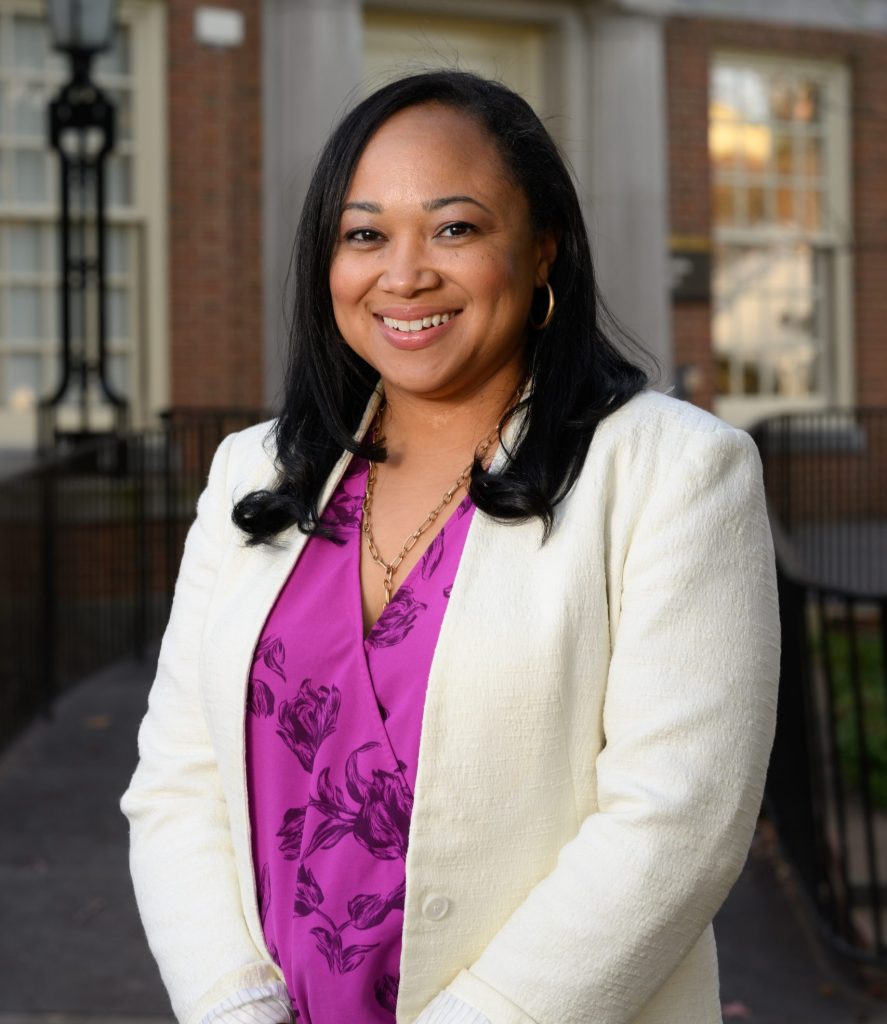
Dani Parker-Moore, Ph.D.
Steering Committee Member
Dr. Dani Parker Moore is an Associate professor of Multicultural Education and the Director of the Schools, Education, and Society Minor at Wake Forest University, She co-edited Mentoring Students of Color: Naming the Politics of Race, Social Class, Gender, and Power (2019) and the forthcoming book Let’s Normalize Seeing Humanity First An Anti-Racist Guide for Working with Parents and Families in Schools (2026).
As the founding Executive Director of the Wake Forest University Children’s Defense Fund Freedom School, Dr. Parker Moore leads a free, six-week summer literacy program for K-8 students. The program is dedicated to empowering youth to thrive academically and socially, cultivating a belief in their capacity to contribute meaningfully to their communities.
In recognition of her service, Dr. Parker Moore received the Faculty Service Excellence Award from Wake Forest’s Office of Civic and Community Engagement in 2020. In 2022, Wake Forest University recognized her for the Martin Luther King Jr. “Building the Dream” award. In 2024, Parker Moore was awarded the Distinguished Alumni Award from The School of Education at The University of North Carolina at Chapel Hill and In 2025, she was recognized from the American Education Research Association, Out of School Time Scholar Award.
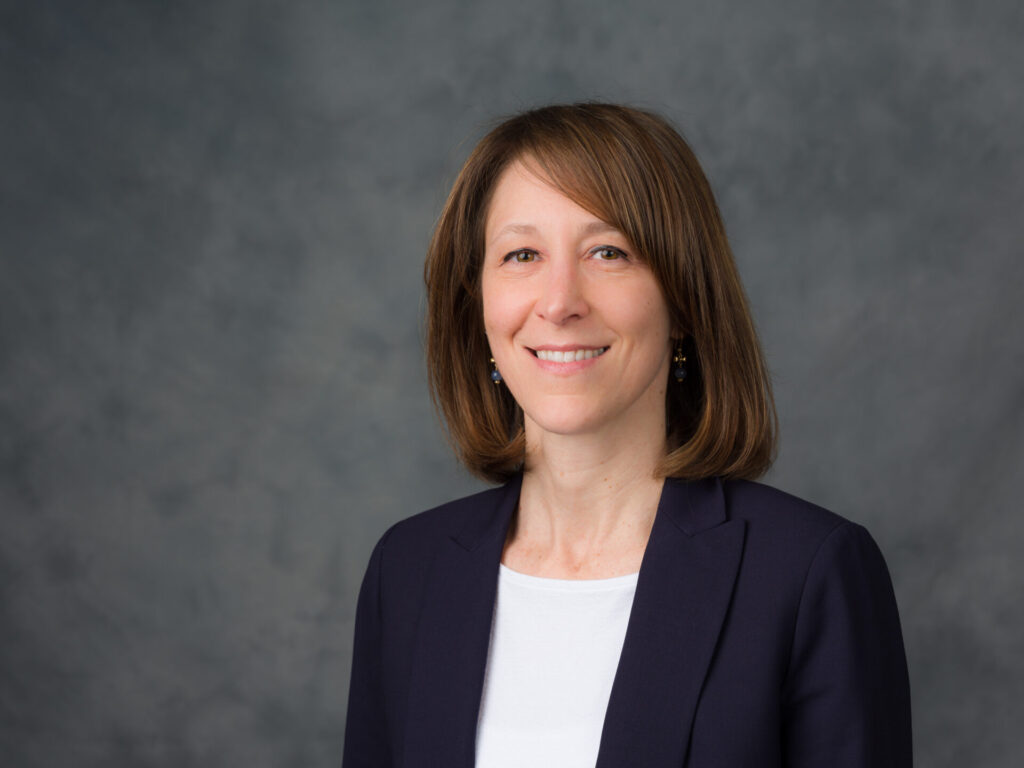
Alessandra Von Burg, Ph.D.
Steering Committee Member
Alessandra Von Burg is an Associate Professor of Communication at Wake Forest University. She is affiliated faculty for American Ethnic Studies and Jewish Studies. Her research focuses on rhetorical theory, citizenship, mobility, noncitizens, and nonplaces. She has published in Philosophy & Rhetoric, Advances in the History of Rhetoric, Quarterly Journal of Speech, and other national and international outlets. She was co-principal investigator for the Benjamin Franklin Transatlantic Fellows (BFTF) Summer Institute, a Department of State-funded summer program for international and American students, and co-editor of a book about the BFTF. She is also the director and executive producer of the Where Are You From? Project; and the co-founder of the Every Campus a Refuge (ECAR) chapter at Wake Forest University and the Incubator@WFU, residential programs for refugees and asylees.
The land on which Wake Forest University now resides and the land on which the original campus resided served for centuries as a place for exchange and interaction for Indigenous peoples, specifically Saura, Catawba, Cherokee, and Lumbee in the current location and Shakori, Eno, Sissipahaw, and Occaneechi in the original campus location.
americanindiancenter.unc.edu/resources/about-nc-native-communities/

